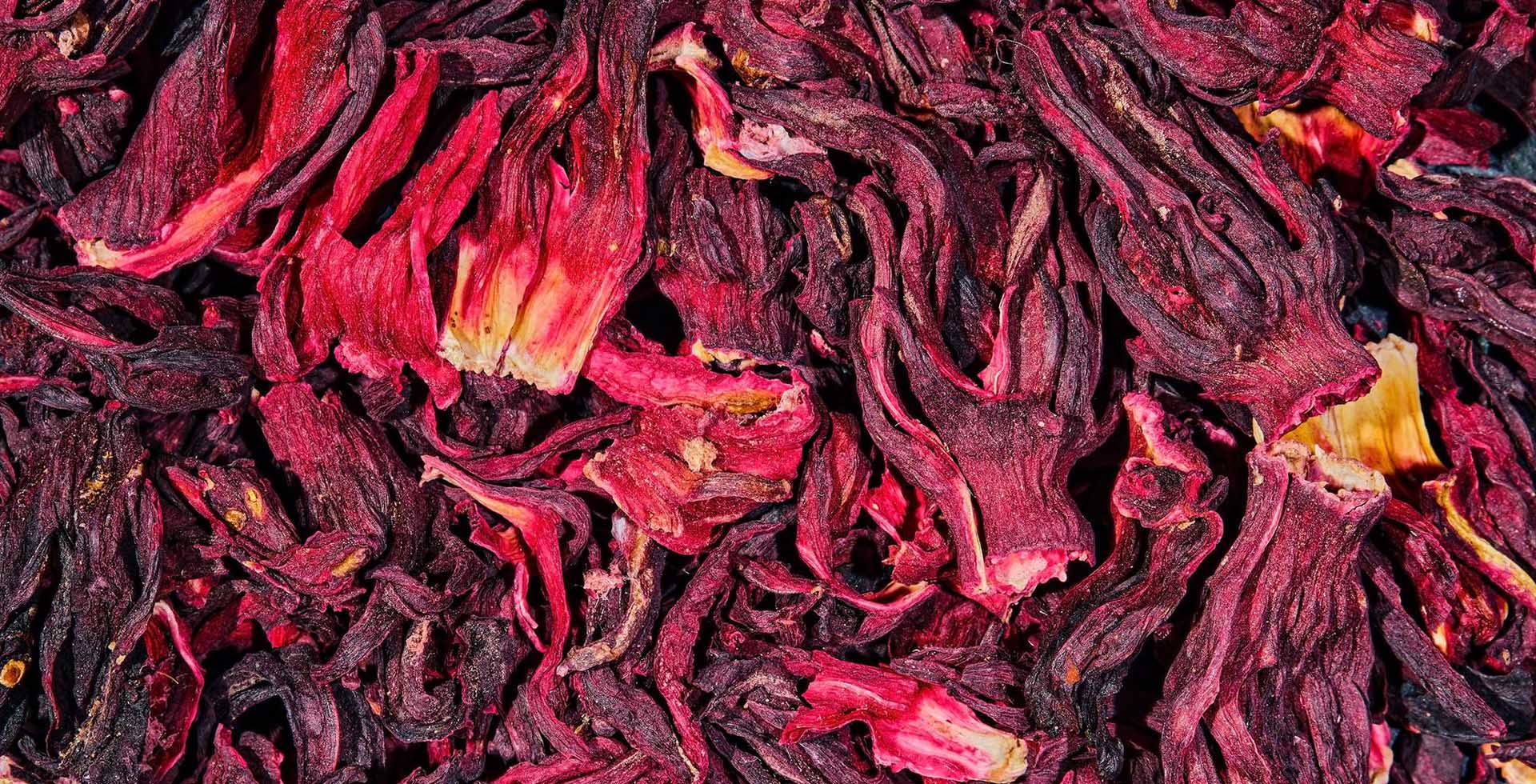Hibiscus is a versatile plant species, commonly referred to as “sorrel” or “roselle”. It is grown for its vibrant flowers, edible calyces, and as a source of fibre.
In the food and beverage industry, hibiscus is used for its tart flavour and natural colour. The dried calyces are used in tea blends, juices, syrups, jams, and as a natural food dye. Its high Vitamin C content makes it a popular ingredient in nutritional drinks.
Hibiscus oil and petals are used in cosmetics and skincare products, due to their moisturizing and anti-inflammatory properties. In traditional medicine, hibiscus is used to treat various ailments such as high blood pressure, digestive issues, and skin conditions.
In agriculture, hibiscus is used as a natural pesticide and as a companion plant to improve soil fertility. The plant is also grown for its fibres, which are used in the production of textiles, paper, and rope.
Hibiscus is easy to cultivate and has a high yield, making it a popular crop for farmers in many regions. Its demand is growing globally, and it is widely exported, particularly to Europe and Asia. With its many uses and benefits, hibiscus is a valuable commodity in the market.
More Products
Gum Arabic
Gum Arabic is a hardened sap obtained from acacia trees in arid areas of Africa. Despite inferior quality gum from Acacia seyal being more commonly traded, Gum Arabic from Acacia Senegal is considered superior.
Sesame Seeds
Sesame Seeds are a highly versatile ingredient that has been valued for centuries for their rich, nutty flavour and numerous health benefits. They are tiny, oval-shaped seeds that are encased in a hard outer shell, and are found in a wide range…


